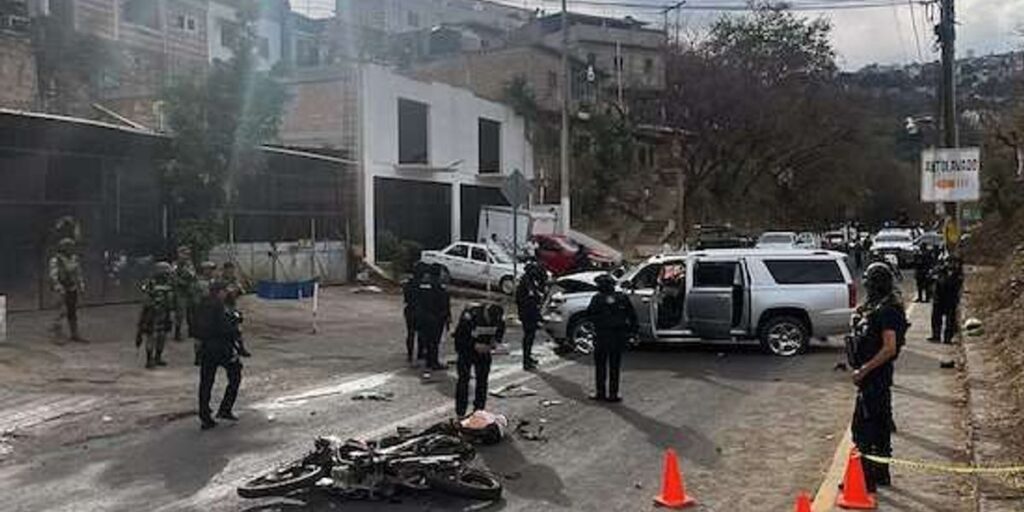Ten bodies were found in various locations, including the port of Acapulco in southern Mexico. The discovery of the bodies on May 20 was the latest in a series of violent incidents that have terrified the nation. Around 20 executions took place in early May in the extremely violent northern state of Zacatecas. Earlier in February, the southern city of Chilpancingo was all but abandoned after dozens were killed in a street shooting. With federal elections looming on June 2, the military has stepped up patrols across Mexico, but citizens are questioning whether the next president will be able to curb the violence plaguing the country.
“Hugs, not bullets” – this pacifist slogan issued by Mexican President Andrés Manuel López Obrador (popularly known as “Amuro”) during the 2018 presidential election failed to provide a concrete plan to combat insecurity in the country. Upon being elected, Amuro armed federal police officers with heavy weapons and created a National Guard to ensure public safety. The country's military also launched an offensive against organized crime. Nevertheless, the strategy failed and Amuro's first term in office was the bloodiest in the country's modern history.
Management of “green gold” transactions
“There was a contradiction between 'hugs, not bullets' and the deployment of the National Guard,” said Raul Benítez Manout, a security expert at the National Autonomous University of Mexico. “Drug cartels took advantage of the president's lax rules and took advantage of the insecurity during the transition from federal police to the National Guard to expand their power.” Once solely focused on drug trafficking, the cartel has diversified over the years to include hydrocarbon trafficking and control of the avocado trade, Mexico's “green gold.” “Migration trafficking has also increased sharply since the pandemic. Extortion has also extended to small businesses such as grocery stores,” Manout added. This diversification complicates the fight against organized crime in a mountainous region 3.5 times the size of France.
Given Mexico's current predicament, security has become a key issue in the June 2 elections, as made clear during the candidates' final debate on May 19. Presidential candidate Xochitl Gálvez campaigned on the slogan “For a Mexico without fear” and rallied supporters with the urge “No more hugs!” The opposition candidate wants to increase the number of judges and justice ministries, and double the strength of the National Guard. Though he trails in the polls with 32% approval rating, he has won voters' support by promising to build maximum security prisons, following the example of El Salvador's President Najib Bukele.
While violence has fallen dramatically in El Salvador, government methods in prisons and arresting suspects have raised concerns from human rights groups, including Amnesty International.
“Reducing the influence of cartels is almost impossible.”
Claudia Sheinbaum, who won 55% of the vote according to a poll and is a protégé of the outgoing president, said she wants to follow in her mentor's footsteps by integrating the National Guard. She also plans to implement the ideas that allowed Mexico City to reduce crime between 2018 and 2023 by equipping the police with cutting-edge technology and fighting impunity (which accounts for 96% of crimes).
“It's nearly impossible to reduce the influence of the cartels,” said an anonymous source close to Scheinbaum. “But we can at least try to pacify the country.” But not everyone is convinced by these promises. “The proposals are still very thin,” Manaut noted. “There's no question that organized crime will continue to thrive.”
(Photo caption: A handout released by the State Secretariat of Public Security shows the vehicle in which Taxco de Alarcón Mayor Mario Figueroa was attacked in Taxco, Mexico, on February 15, 2024. (Photo credit: EPA/MAXPPP)

